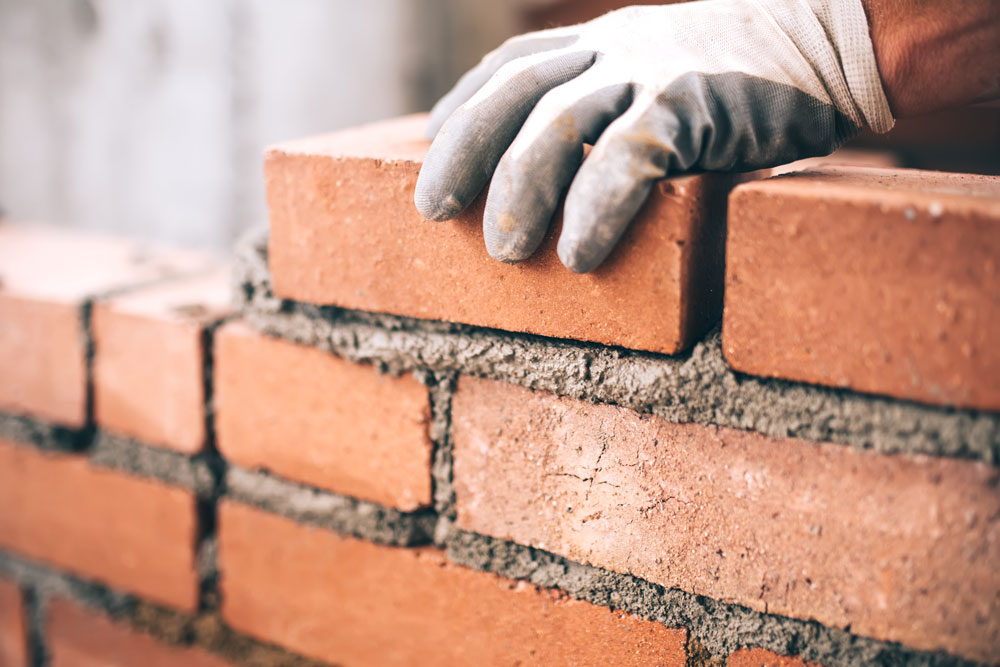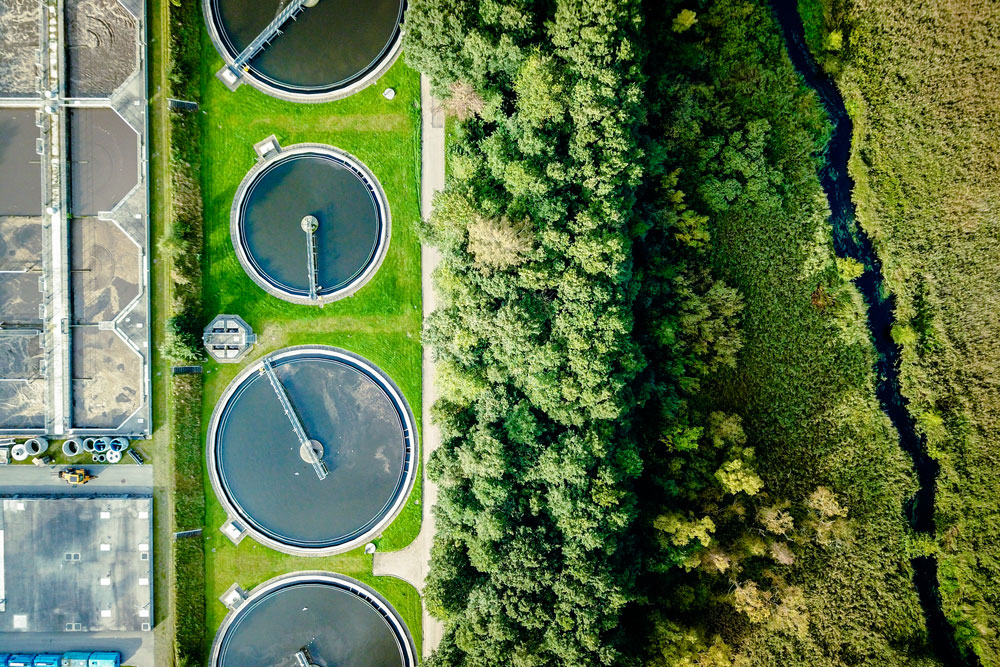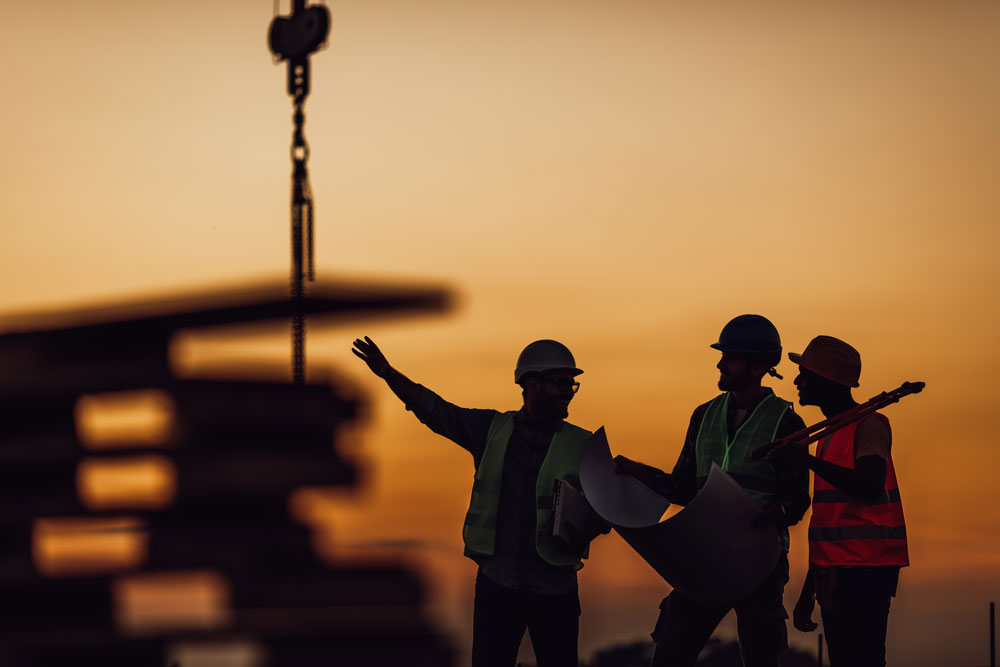In a recent interview with Michael Holder for Environmental Finance, Vital Capital Managing Partner, Mr. Nimrod Gerber discussed the economic crisis facing Africa as a result of the coronavirus pandemic and how small- and medium-sized businesses stand to be most affected. Mr. Gerber described how Vital Capital has adapted its core strategy to extend support to these companies with the launch of the Vital Impact Relief Facility, explaining that: “This is what impact investment is all about: we see the need from being on the ground, not from our theoretical model. The need right now is to preserve impact and to save existing value – not necessarily to build new impact, as with our greenfield projects.”
He also issued a rallying call for investors to preserve impact and value by backing these otherwise viable companies that have recently joined the “missing middle” of financially underserved businesses: “Fantastic companies, which are creating an important impact for their communities and have good financial performance, are now fighting for survival. And unless someone acts fast there’s going to be a massive destruction of value.”
In discussing how Vital Capital is supporting its existing portfolio, Mr. Gerber explained that in addition to putting in place World Health Organisation guidance on workplace practices as part of its standard ESG practices, in many cases the investment team are “rolling up our sleeves,” helping out overloaded CEOs as if they are working for the companies themselves: “they are calling banks, talking to creditors, arranging international alternatives to existing supply chains.” With Vital Capital’s deep and long-established presence in the region, Mr. Gerber also revealed how Vital’s team can bring some “extra perspective” to management teams that may not have encountered too many crises before.
The full article can be found online here (subscription required)





